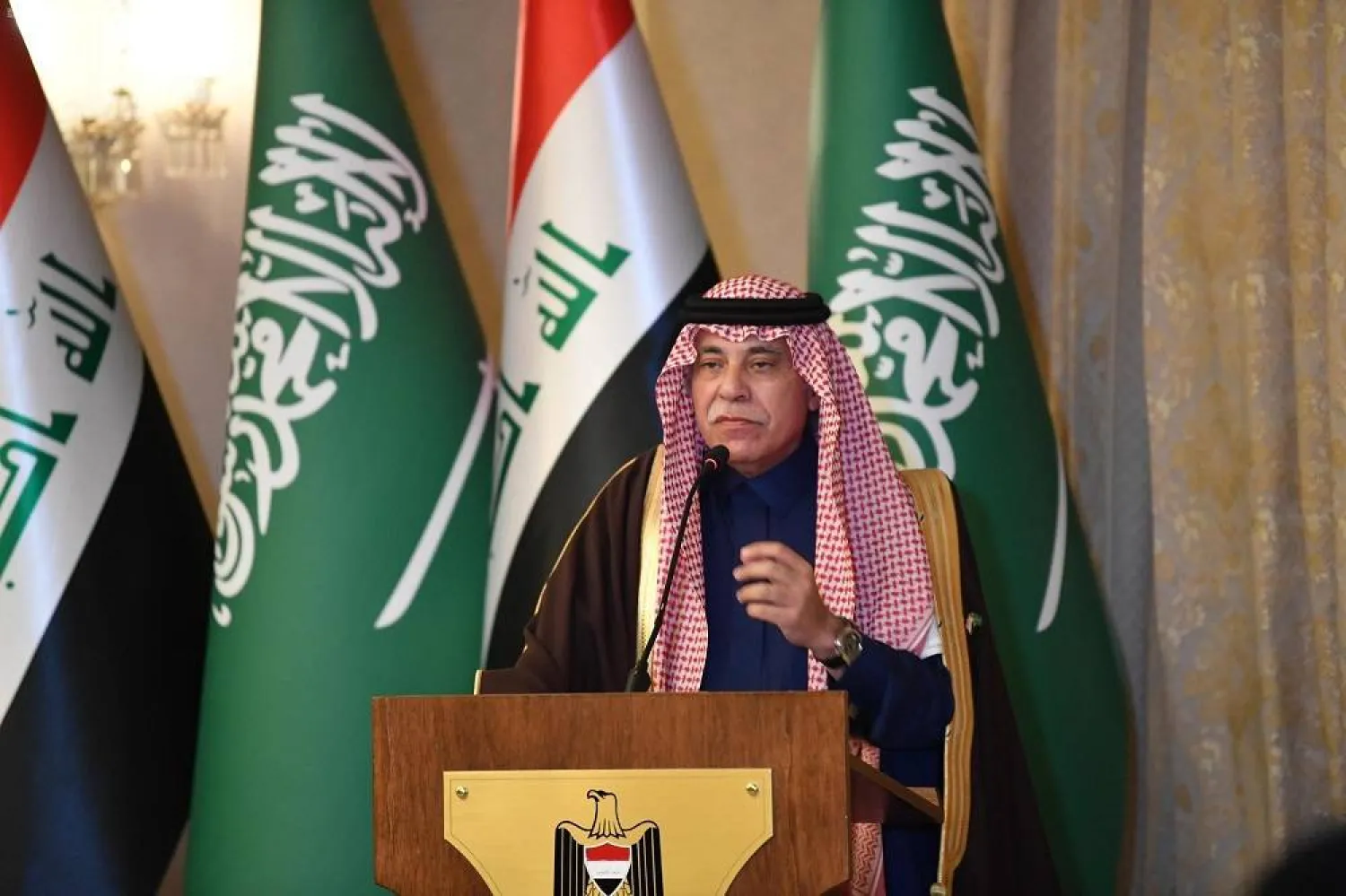Saudi Minister of Commerce Dr. Majid Al-Qasabi headed the Kingdom’s delegation consisting of 36 public and private sectors representatives to Singapore where they will participate in the Saudi-Singapore Business Forum, reported the Saudi Press Agency on Monday.
The forum, which runs through to September 27, will tackle bilateral trade in goods and services and ways to boost economic partnership.
Al-Qasabi met with Singaporean Minister of Education Chan Chun Sing, and Singaporean Minister of Social and Family Development and Minister-in-charge of Muslim Affairs Masagos Zulkifli on Monday to discuss cooperation in education, mostly equipping students with the skills required by future industries, digital literacy, and entrepreneurship.
They discussed the main features of the Singaporean education system, exchanging experience and holding training courses, cooperation between universities and schools, and expanding scholarship programs.
Vice Minister of Commerce and CEO of the National Competitiveness Center Dr. Eman Al-Mutairi and Saudi Ambassador to Singapore Abdullah Al Madhi attended the meeting.
Al-Qasabi also met with Chairman of Singapore Economic Development Board Png Cheong Boon and with Chairman of JTC Corporation Tan Chong Meng to discuss cooperation to stimulate economy, commercial solutions offered to companies, developing industrial zones and business parks, and digitization in manufacturing.
Also discussed was cooperation in the field of service economy and reviewing the best practices and key programs to enhance competitiveness.
Prospects for National Competitiveness Center and the Asia Competitiveness Institute at the Lee Kuan Yew School of Public Policy cooperation in research were also discussed with Vice Dean of the School Francesco Mancini and Director of the Institute Paul Cheung.
Over the next two days, Al-Qasabi will hold meetings with several Singaporean ministers and officials, including Minister for Trade and Industry Gan Kim Yong, Minister for Manpower Tan See Leng, Minister for Communications Josephine Teo, Chairman of Enterprise Singapore Peter Ong, and Chairman of the Board of Directors of the Supply Chain and Logistics Academy Robert Yap.
The Saudi delegation will visit specialized educational institutions, business innovation centers, and the port of Tawas, the world's largest automated port, with the aim of getting familiarized with best practices and quality services in various fields.
It will also participate on Tuesday in the Saudi-Singapore Business Forum, organized by the National Competitiveness Center in cooperation with the Federation of Saudi Chambers and the Singapore Business Federation.
The forum will discuss the progress made in implementing the Kingdom's Vision 2030 since its launch in 2016, opportunities to boost economic partnership, and strengthening cooperation between the two countries in several vital sectors, including logistics, e-commerce, and modern technologies.
The delegation includes several government agencies, including the ministries of commerce, investment, education, health, and industry and mineral resources, the Standards, Metrology and Quality Organization, the Small and Medium Enterprises General Authority (Monshaat), the Saudi Data and AI Authority (SDAIA), the Saudi Business Center, the Saudi Ports Authority (Mawani), the Food and Drug Authority, the National Competitiveness Center, the National E-Learning Center, the Saudi Logistics Academy, the Federation of Saudi Chambers, and officials from Saudi companies.









